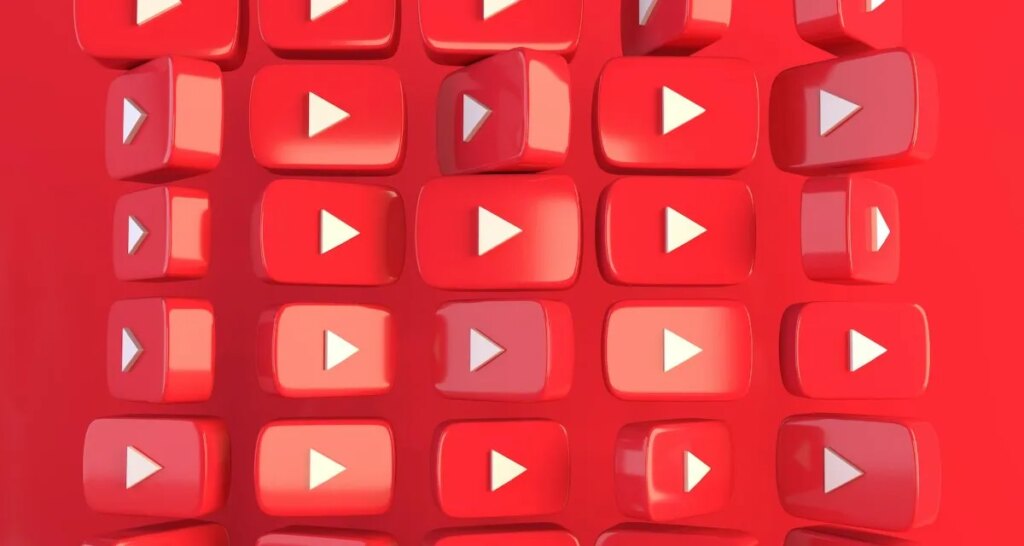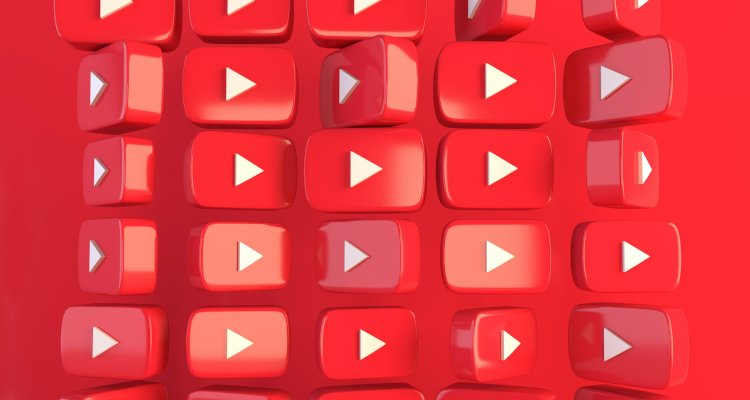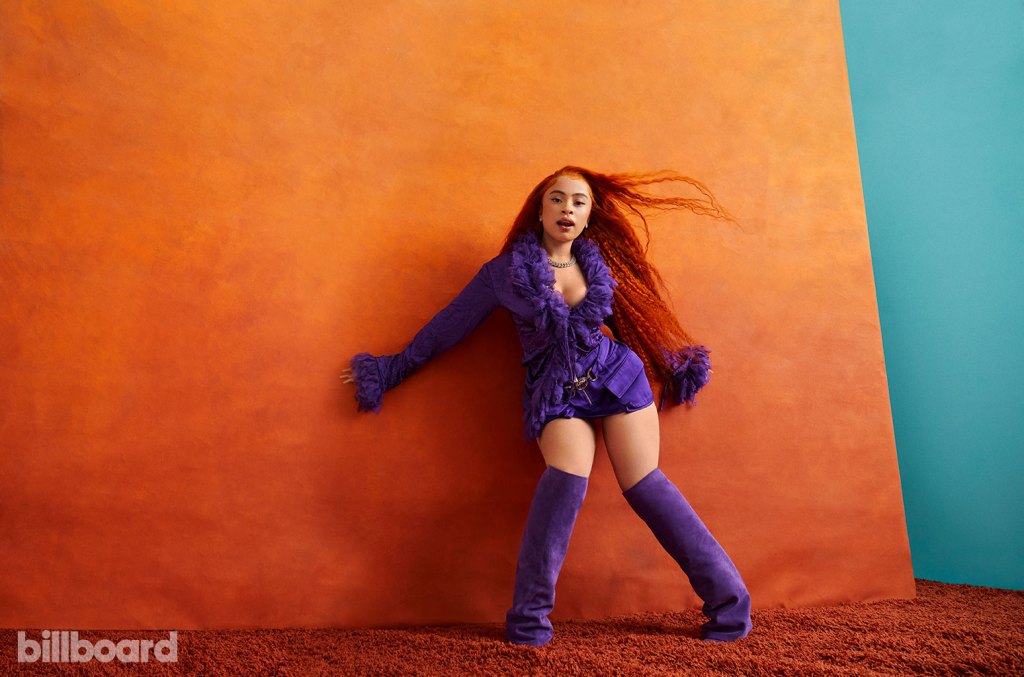Does ‘I Do Not Own the Rights to This Music’ Provide Protection Against Copyright Claims? Here’s a Quick Answer


Does the ‘I do not own the rights to this music’ disclaimer actually work? Here’s a quick guide. Photo Credit: Javier Miranda
Is it a good idea to attach an “I do not own the rights to this music” disclaimer to content containing a protected song or songs? Here’s a quick answer to the often-asked question.
One needn’t look far to find social media posts about the much-seen “I do not own the rights to this music” descriptor, and especially whether it provides protection from copyright infringement claims. Meanwhile, actual videos with the notice are common on platforms including but certainly not limited to YouTube.
Unfortunately for those who’ve turned to the disclaimer in search of cover from potential copyright claims, in short, it doesn’t provide any protections for the unauthorized use of media by non-rightsholders.
Some platforms, TikTok and YouTube among them, enable individuals to feature licensed music in their videos sans ownership. In the interest of brevity, these allowances don’t cover commercial uses even when tracks are available via on-platform song libraries. Disclaimer or not, high-profile lawsuits and massive judgements demonstrate that brands cannot add music to visual media with impunity.
Bringing the focus back to individuals, YouTube’s Content ID makes it easy for rightsholders to take one of several automatic actions when their works are detected in uploaded content without being licensed. Claims can both block videos altogether or monetize them for the claimant.
Thus, on YouTube, it’s often the fact that music rightsholders are generating ad revenue from third-party uploads – not the presence of the “I do not own the rights to this music” disclaimer – that results in the videos’ remaining available.
(For artists who are looking to cover tracks legally, avoid rights-related obstacles, and collect recording royalties, the process is relatively straightforward. As we’ve described, though, setting a cover to visual media like a music video brings with it other licensing considerations yet.)
Nevertheless, creators who wish to complement their content with high-quality tracks have options besides forgoing music, settling for on-platform royalty-free options, or forking over ad revenue.
Standalone providers of royalty-free music, including Epidemic Sound and Soundstripe, are decidedly popular, for instance. Others, like Pretzel, specialize in licensing music for use particularly during livestreams, while the company’s Songtradr parent offers pre-cleared music not only for brands’ visual-media projects, but for YouTube channels and more.
In summary, “I do not own the rights to this music” isn’t an effective way of protecting oneself from copyright claims. But one isn’t without options when it comes to including tracks in content, and a bit of planning at the outset can help prevent usage headaches down the line.
Link to the source article – https://www.digitalmusicnews.com/2023/12/29/i-do-not-own-the-rights-to-this-music/
Recommended for you
-
Rockville 2 APM6W 6.5″ Powered Studio Monitors+Active 10″ Subwoofer+Stands+Pads
$388,90 Buy From Amazon -
Heams 3 Pack Premium 3FT MIDI Cable, Stable & Fast Transmission and Long-Lasting MIDI Cables, Male to Male 5-Pin MIDI Cable for MIDI Keyboard, Electronic Piano, Electronic Drum
$11,97 Buy From Amazon -
Stagg WS – AH235S Eb Alto Horn with Soft Case
$0,00 Buy From Amazon -
Fender Squier Dreadnought Acoustic Guitar – Sunburst Learn-to-Play Bundle with Gig Bag, Tuner, Strap, Strings, Winder, Picks, Online Lessons, and Austin Bazaar Instructional DVD
$189,99 Buy From Amazon -
AODSK Ukulele Kit with Gig Bag Strap, Acoustic Ukelele 4-String Wooden Hawaiian Uke for Beginners, Kids and Students (AUS-P08 21Inch Sapele Soprano)
$39,99 Buy From Amazon -
Deering Goodtime Blackgrass 5-String Banjo Natural
$1.229,00 Buy From Amazon -
AnNafi® Bugle | Brand New Tuneable Army Military Bugle Nickel Plated With Free Hard Case + M/P |US Military Cavalry Horn Boy Scout Bugle |Musical Instrument & Home Classic Style Retro Horn Bugle
$89,98 Buy From Amazon -
Monoprice Stage Right 10-Inch Powered Studio Multimedia Subwoofer – (605999) Black
$0,00 Buy From Amazon













Responses